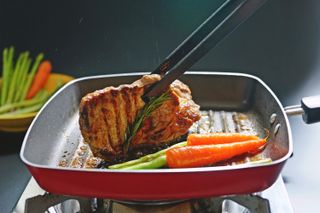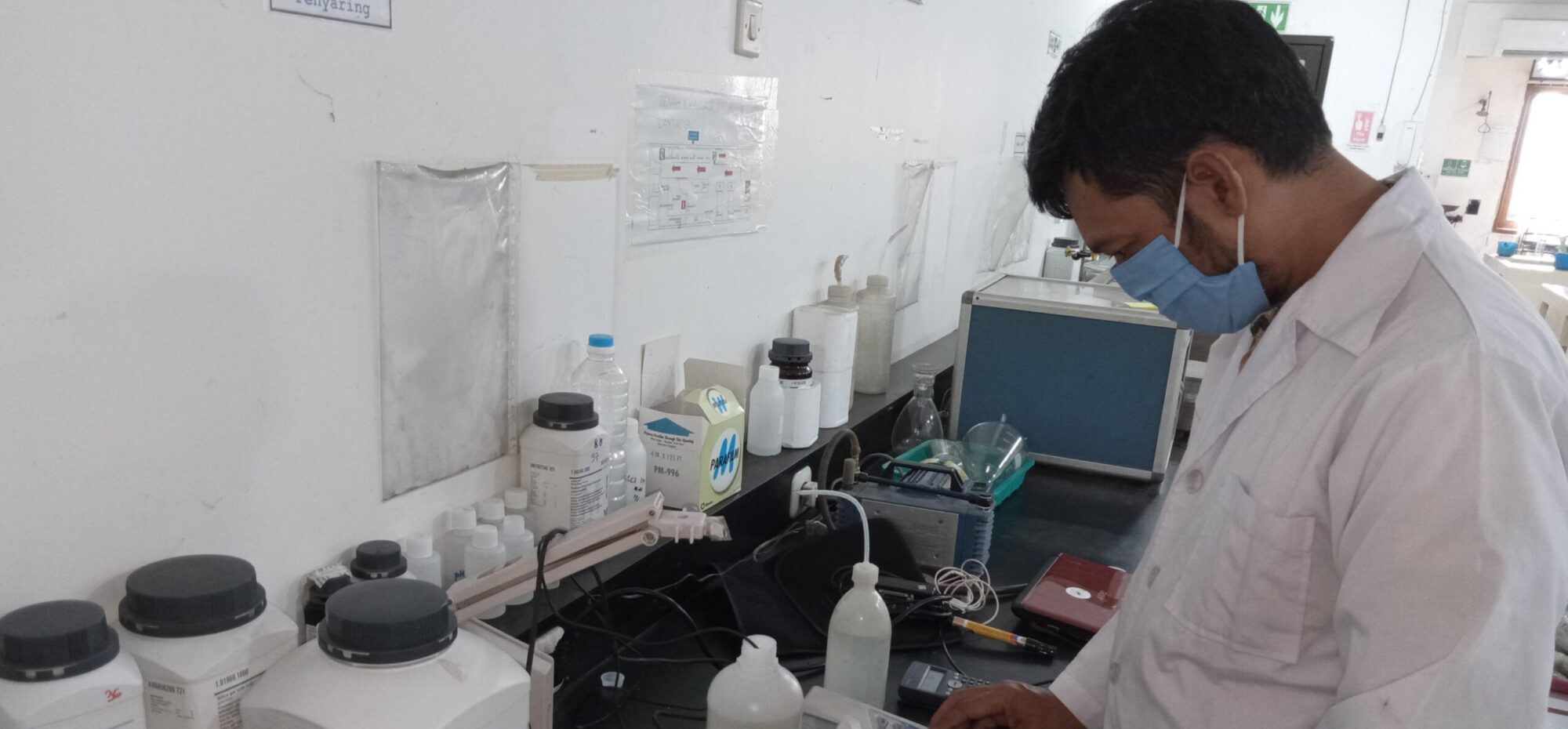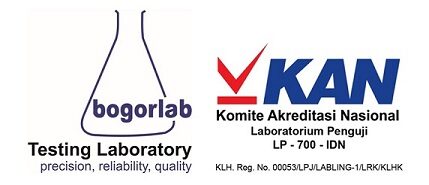Are non-stick pans safe?
By Isobel Whitcomb – Live Science Contributor 2 days ago
It might be time to ditch your old Teflon cookware.
Comments (0) (Image: © Shutterstock)
(Image: © Shutterstock)
Spending each morning at the kitchen sink scraping at the charred remains of breakfast gets tedious after a while. Non-stick cookware may seem like an appealing alternative — but is it safe?
Usually when people inquire about the safety of their non-stick cookware, they’re talking about Teflon, said Suzanne Fenton, a reproductive endocrinologist at the National Institutes of Environmental Health Sciences in North Carolina. Also known as polytertrafluoroethylene (PTFE), this clear plastic is used to coat metal pots and pans, giving them a waxy, easy-to-clean surface — and for decades, scientists have debated whether it’s safe for cooking.
Experts tend to agree that Teflon itself isn’t a problem. The coating itself is considered non-toxic. Even if you ingest small flakes of it, it passes right through you. But some experts are concerned about what happens when Teflon gets too hot. “When pans are overheated, that PTFE coating begins to disintegrate,” Fenton told Live Science. As Teflon breaks down, it releases a host of toxic gases. In rare instances, breathing in these chemical fumes can cause polymer fume fever, a condition characterized by a high fever, shortness of breath and weakness. These gases also deadly to birds — lightbulbs coated in Teflon have wiped out poultry houses. Of particular concern is perfluorooctanoic acid (PFOA), one of the chemicals released when Teflon pans heat up. Long-term exposure to PFOA is linked to a host of conditions from cancer to thyroid disease, Fenton said.

